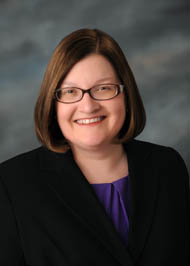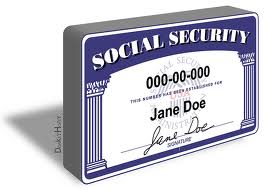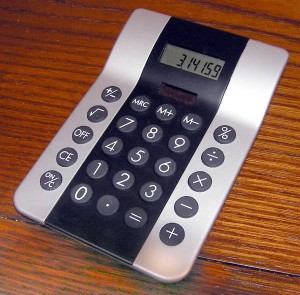Getting out of debt competes with losing weight for the most common New Year resolutions.
Here is some advice for making your New Year resolution stick. One secret is to create a goal and a sub-goal.
If your resolution is to get out of debt, you can skip eating lunch out each day and start sending that money in to pay off credit card debt. Then, voila…in six months that credit card might be paid off. As you’ll begin to see, your daily goals help you fulfill your larger goal. Sub-goals are very, very important.
But if you are drowning in debt with bills you can never pay, it is time to consider starting over and getting the fresh start that only the federal bankruptcy law provides. Â Bankruptcy can stop the garnishment of your paychecks and bank accounts. Bankruptcy can end the trips to collection court. Bankruptcy can make the phone stop ringing. Yes, it is true.
You have good company if you find yourself in financial trouble. Businesses file bankruptcy regularly. The rich and famous shed their debt and move on with their lives. About 4500 bankruptcy cases are filed every day. You can, too! In fact, forgiveness of debt has been part of our culture for centuries. Â It is in the Bible.
No one wants to file bankruptcy, at least I have never met anyone who does. You will feel a tremendous relief by getting out of debt. Financial freedom is the brass ring bankruptcy provides. Â Call Mark or Jill today. Â We understand. Â We can help. 785-354-1471.










